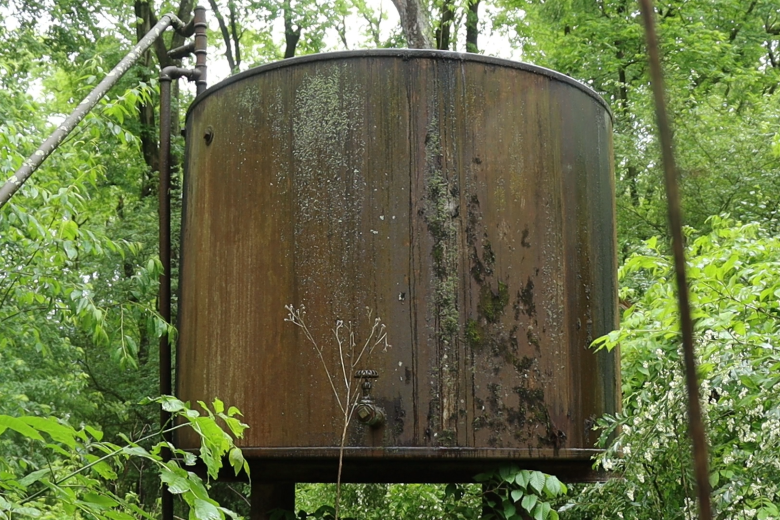BLM seeks input for plans to plug orphaned wells in Pennsylvania and West Virginia
Organization:
BLM Office:
Media Contact:

MILWAUKEE — The Bureau of Land Management is seeking public input on four draft environmental assessments evaluating potential impacts from the proposed plugging of 30 orphaned oil and gas wells on public lands in West Virginia and Pennsylvania.
Working collaboratively with the U.S. Army Corps of Engineers and U.S. Department of Agriculture Forest Service, the BLM proposes plugging the wells and restoring surrounding lands to address environmental and safety hazards. BLM identified 23 defunct wells for plugging across three locations managed by the U.S. Army Corps of Engineers: Beech Fork Lake and Stonewall Jackson Lake in West Virginia, and Shenango River Lake in Pennsylvania. Seven of the wells are managed by the Forest Service in the Allegheny National Forest, Pennsylvania.
Orphaned oil and gas wells are polluting backyards, recreation areas, and community spaces across the country. Many of these wells pose serious health and safety threats by contaminating surface and groundwater, releasing toxic air pollutants, and leaking methane – a “super pollutant” that is a significant cause of climate change and many times more potent than carbon dioxide at trapping heat in the atmosphere. Properly plugging these wells and reclaiming the surrounding area improves air quality, eliminates safety hazards, and addresses land and water contamination, including potential leaks from old well casing, oil tanks, and pipelines.
“BLM and our federal partners are thrilled to clean up these polluted sites left behind when oil and gas wells were drilled and orphaned long before these lands came into federal ownership,” said Derek Strohl, assistant district manager for BLM Northeastern States District. “Our responsibility is clear: to restore the landscape and ensure enjoyment of these lands for current and future generations.”
The BLM is working closely with the U.S. Army Corps of Engineers and Forest Service to determine how to minimize disruption to users and lands as the orphaned wells are plugged and the areas are restored. The BLM aims to complete the plugging activities during winter months to minimize potential impacts to wildlife and to reduce soil disturbance and erosion.
BLM will accept public comments on the draft analyses until August 16, 2024. To view the draft environmental assessments and learn how to comment, please visit the BLM National NEPA Register sites for each project:
Allegheny National Forest (PA): https://eplanning.blm.gov/eplanning-ui/project/2031088/510
Beech Fork Lake (WV): https://eplanning.blm.gov/eplanning-ui/project/2031161/510
Shenango River Lake (PA): https://eplanning.blm.gov/eplanning-ui/project/2031163/510
Stonewall Jackson Lake (WV): https://eplanning.blm.gov/eplanning-ui/project/2031162/510
-BLM-
The BLM manages more than 245 million acres of public land located primarily in 12 western states, including Alaska, on behalf of the American people. The BLM also administers 700 million acres of sub-surface mineral estate throughout the nation. Our mission is to sustain the health, diversity, and productivity of America’s public lands for the use and enjoyment of present and future generations.
The BLM manages about 245 million acres of public land located primarily in 12 western states, including Alaska, on behalf of the American people. The BLM also administers 700 million acres of sub-surface mineral estate throughout the nation. Our mission is to sustain the health, diversity, and productivity of America’s public lands for the use and enjoyment of present and future generations.
